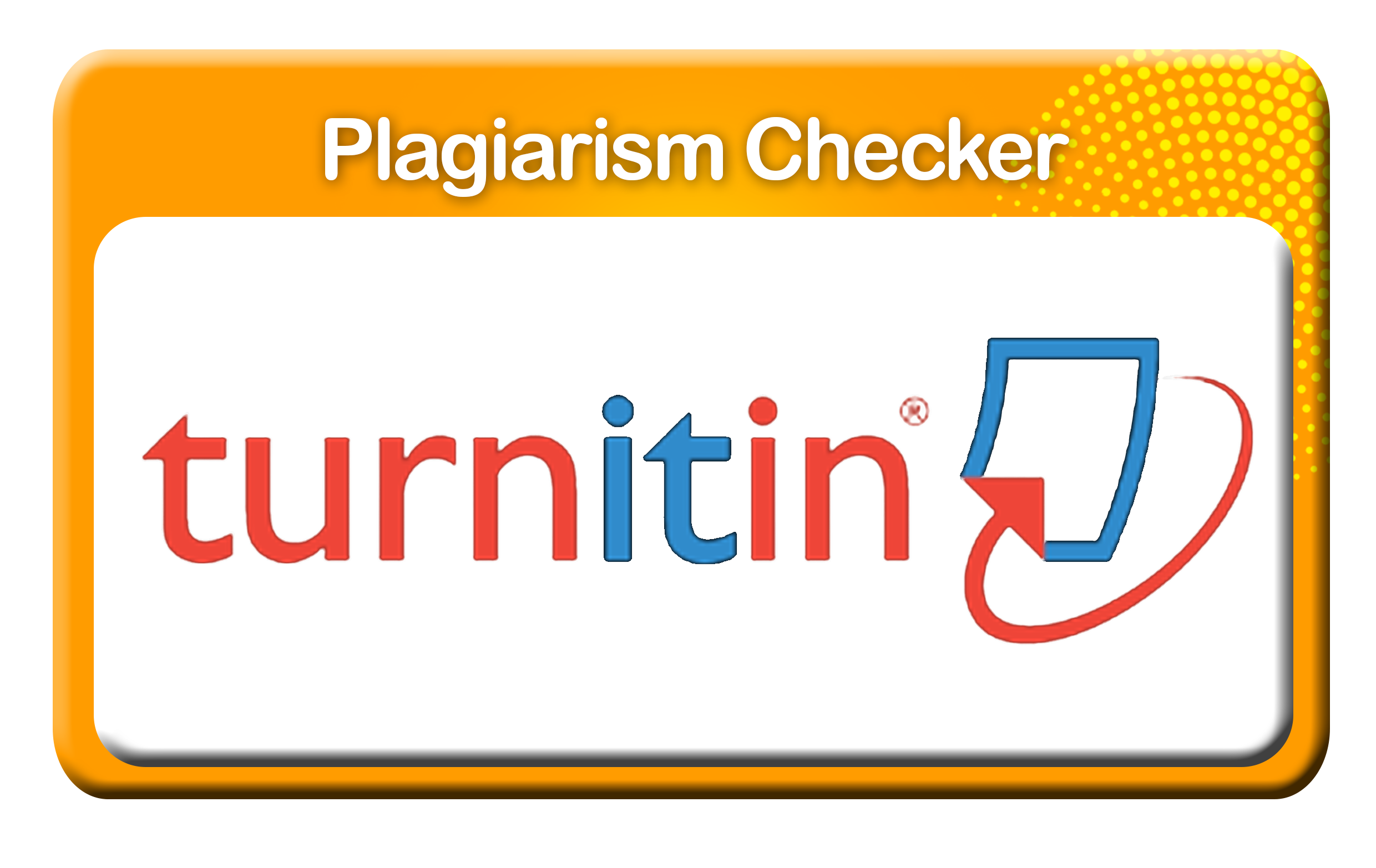EVALUASI PEMBERLAKUAN KAMPUNG RAMAH ANAK DI RW 02 KELURAHAN MANGGARAI KECAMATAN TEBET JAKARTA SELATAN
DOI:
https://doi.org/10.24853/holistika.1.1.%25pAbstract
The purpose of this study are (1) To determine the benefits of Enforcement of the Child Friendly Village, (2) To determine the activities Child Friendly Village, (3) To evaluate the enactment of the Child Friendly Village. The method used in this research is descriptive qualitative method. Data collection techniques using observation, interviews, documentation, and field notes. Then the data were analyzed by means of data reduction, data presentation, and conclusion. Program kid friendly village very positive benefit for all people in Manggarai urban Rw 02 Tebet, South Jakarta. The conclusion of this study are: (1) The activities hometown kid friendly are: landfill, early childhood, her lessons, (2) Hour children's learning, and hours of playing children, (3) Implementation of the program hometown kid friendly is good but must be evaluated so that the future is better and more perfectReferences
Androtti, G. Peran Warga dan Lembaga Non Profit dalam Mewujudkan Kampung Ramah Anak di Kampung Lodok Tukangan Yogyakarta, skripsi tidak diterbitkan, Surakarta: Universitas Sebelas Maret Surakarta, 2013.
Gunarsa, S.D. 2011. Dasar dan Teori Perkembangan Anak. Jakarta: BPK Gunung Mulia.
Himawati, I. P. 2013. Konstruksi Sosial Kampung Ramah Anak (Studi Fenomenologi, dan Implementasi Program Kampung Ramah Anak di RW 11 Kampung Badran Yogyakarta), tesis tidak diterbitkan, Yogyakarta: Universitas Gajah Mada.
Irmawati, N. 2009. Rensponsivitas Pemerintah Kota Surakarta Terhadap Perlindungan Anak Menuju Solo Kota Layak Anak (KLA), skripsi, tidak diterbitkan, Surakarta: Universitas Sebelas Maret Surakarta.
Suparno, P. 2001. Teori Perkembangan Kognitif Jean Piaget. Yogyakarta: Kanisius.
Undang-Undang Republik Indonesia Nomor 32 Tahun 2014.
Widiyanto, Dodi, dkk. Lingkungan Kota Layak Anak (Child Friendly City) berdasarkan persepsi Orang tua di Kota Yogyakarta, jurnal Bumi Lestari, Volume 12 No 2, Agustus 2012.
Downloads
Published
How to Cite
Issue
Section
License
Authors who publish with this journal agree to the following terms:
- Authors retain copyright and grant the journal right of first publication with the work simultaneously licensed under a Creative Commons Attribution License that allows others to share the work with an acknowledgement of the work's authorship and initial publication in this journal.
- Authors are able to enter into separate, additional contractual arrangements for the non-exclusive distribution of the journal's published version of the work (e.g., post it to an institutional repository or publish it in a book), with an acknowledgement of its initial publication in this journal.
- Authors are permitted and encouraged to post their work online (e.g., in institutional repositories or on their website) prior to and during the submission process, as it can lead to productive exchanges, as well as earlier and greater citation of published work (See The Effect of Open Access).


















